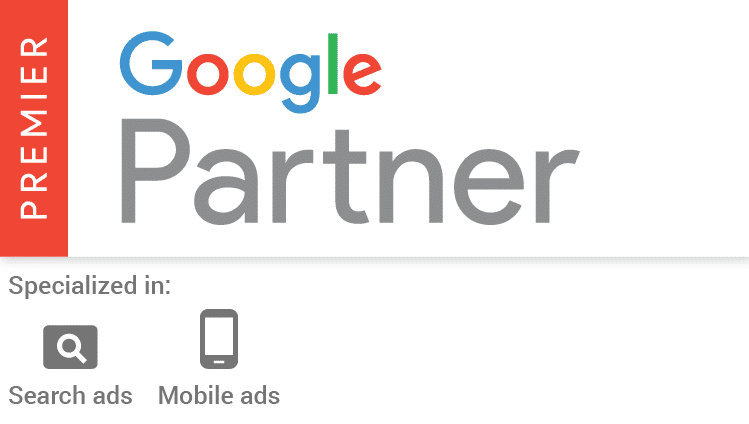Last week I shared the stories of some major brands Google has blacklisted for buying and selling in-bound links in an effort to improve their search engine rankings.
Today, I share with you how to avoid the same fate.
When many home improvement owners and managers decide to invest in improving the ranking of their Web sites, they often turn to consultants who specialize in the field of search engine optimization. And it’s the right thing to do, as those owners and managers are running home improvement companies, and just don’t have the time or expertise to do what’s required to make that happen.
But if you were to look to hire such a resource, you must be exceedingly clear on three points:
- You want the consultant to use only so-called “White Hat” practices. What’s that? It’s a clean and Google-approved set of practices that will improve the search ranking of your Web site. White Hat tactics involve the tried-and-true spade work of creating and posting relevant content, securing in-bound links from your business partners, and creating a generally rewarding experience for your Web site’s visitors.
- Avoid consultants who employ “Black Hat” techniques. As the name implies, Black Hat SEO consultants are the bad guys. They devise all manner of crazy schemes meant to “fool” Google and the other search engines.They buy in-bound links from other Web sites. They create phantom Web sites just for the purpose of linking to yours. They stuff keywords onto your Web pages and into the code behind the pages of your Web site. And, they make big promises to you about how well your Web site will rank on the search engines after a short period of time.In short, steer clear. Real search engine optimization is like losing weight: slow and steady wins the race.
- Avoid buying in-bound links from companies that are in the explicit business of selling them. One example is a company called Text Link Ads (TLA), which will sell you in-bound links from the thousands of Web sites in their network.Years ago, buying Web links was a reasonable strategy. Unfortunately, the smart guys at Google have wised up, and it’s reasonable now only if you’re willing to risk the disappearance of your Web site from Google’s search results pages.
So don’t succumb to short-term thinking when it comes to your Web site. There are shortcuts to success in the search engine optimization game, but they are fleeting at best. Next time you’re pitched on one of these “get ranked quick” schemes, just remember that “if it sounds too good to be true, it most probably is.”
And as JC Penney and Overstock.com found out the hard way, Google’s bite is much worse than its bark.
